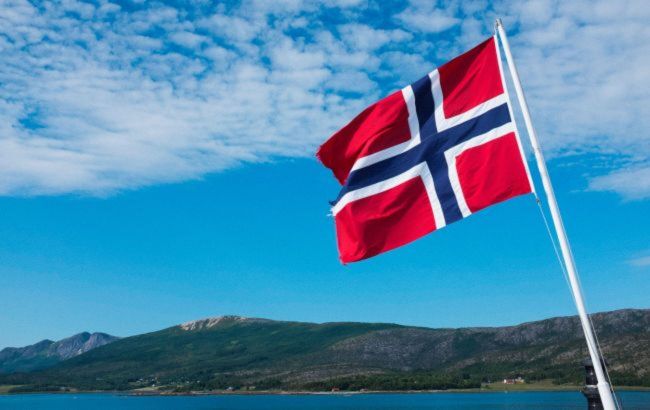Norway election results: why forming coalition could turn into drama
 Illustrative photo: flag of Norway (Getty Images)
Illustrative photo: flag of Norway (Getty Images)
In Norway’s parliamentary elections held on September 8, 2025, the Labour Party retained power, but forming a coalition promises difficult negotiations, according to the Financial Times.
In Norway’s parliamentary elections, the Labour Party of Prime Minister Jonas Gahr Støre managed to stay in power, securing 89 seats, just three more than the threshold for a majority. This gives the party a chance to form a government, though most likely in a minority format, which will require deals with allies.
Balance of power
The Conservative Party and its allies suffered heavy losses, marking the worst result for Norway’s centre-right in decades. Under former prime minister Erna Solberg, the Conservatives lost about six percentage points compared to the previous election, their weakest showing in many years, raising doubts about the party’s short-term recovery.
Two of Labour’s traditional allies also took hits:
-
The Centre Party dropped from 13.6% to 5.7%.
-
The Socialist Left (the "red-greens") fell from 7.6% to 5.5%.
Meanwhile, smaller parties strengthened their positions:
-
The far-left Red Party rose to 5.4%.
-
The Greens gained half a point, reaching 4.6%.
These results highlight the fragmentation of Norwegian politics: large parties continue to lose ground while smaller forces gain influence, making coalition-building increasingly difficult.
Although Labour retained a majority and government control, the political landscape is now more fractured, setting the stage for tough coalition negotiations.
Key election issues
-
Rising prices and inflation were the dominant concerns for voters.
-
Wealth tax sparked heated debate: Labour supported it as a tool of social justice, while the opposition pushed for its abolition.
-
Energy policy and relations with the EU were also in focus, especially after the Centre Party quit the coalition earlier this year.
-
Voters went to the polls amid the war in Ukraine and political shifts in the US, with many choosing stability and experienced leadership.
Looking ahead, Labour will need to prioritise tackling inflation, advancing social equality, and pushing sustainable development while navigating complex parliamentary arithmetic.
Norway recently followed the EU in lowering the price cap on Russian oil. In addition, the country is investing £10 billion in five British frigates to bolster naval capacity in Northern Europe.

